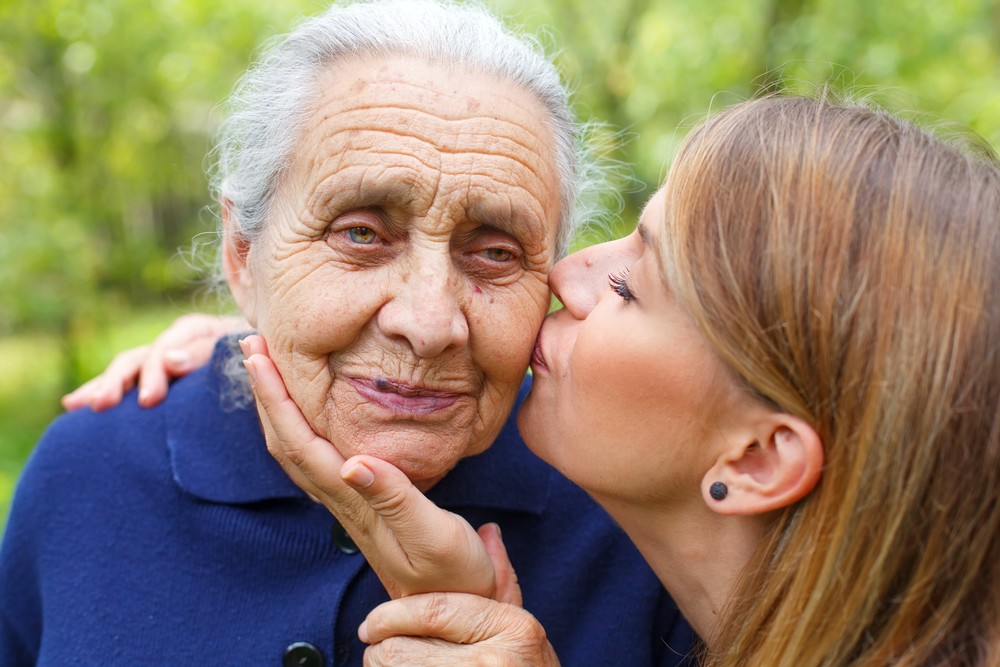 Accel Research Sites named top enroller for cutting-edge Alzheimer’s disease clinical trial
Accel Research Sites named top enroller for cutting-edge Alzheimer’s disease clinical trial

Create a Profile

Create a Profile

Get In Touch Mobile
Q&A for National Depression Education and Awareness Month

You might not realize it, but October shines a big spotlight on mental health.
The month features several mental-health-related awareness celebrations, from National Depression Screening Day on October 6 to World Mental Health Day on October 10. Mental Illness Awareness Week is also celebrated the first week of October.
In fact, all of October is National Depression Education and Awareness Month.
While we at Accel always put a big focus on mental health, we wanted to take a moment this month to share more about depression—from what it looks like to how people can get help and make a difference. We spoke with Dr. Rosa E. Negrón Muñoz, an investigator at our Lakeland site who specializes in psychiatry, neurology and psychology, to share more in a Q&A.
Question: Why is it important to recognize National Depression Education and Awareness Month?
Dr. Negron: We should be aware every month, even every day. But a recognition month like this also helps to highlight symptoms and signs that people might see as just being part of their everyday life that might actually be affecting their functioning.
What are the signs and symptoms of depression?
Feeling hopeless, helpless or sad are some symptoms many people know. Suicidal thoughts or the feeling that life is not worth living are some more extreme signs. People might also feel withdrawn and lose interest in some things that used to bring them pleasure. Changes in appetite or sleep can be signs of depression, as well. For children, it’s harder to express some of these emotions. They might present as more irritable, cranky, disrespectful or moody if they are experiencing depression. It’s also not just an off day. Depression is experiencing these symptoms consistently for two weeks.
What should someone do if they suspect they are depressed?
If they can’t get in to see a specialist right away, people can always turn to a primary care doctor or counselor. There are also community resources. Any help they can get is good. People can also call or text the Suicide and Crisis Lifeline at 988. They don’t have to be suicidal. They can help with a range of crises and offer services in several languages.
What prevents people from seeking help for depression?
There’s still a stigma about depression and mental illness. They might be embarrassed or not want to discuss it. They also might have felt that way for so long they don’t realize it isn’t normal or that they could feel better. Insurance can also be a big deal. People might not seek help if they are worried they can’t afford it. Clinical trials can be an option for many people who wonder how to get help for depression without insurance. They are free, and at Accel, we are enrolling for a wide variety of trials all the time.
What does treatment for depression involve?
There are different treatments for different kinds of depression. I think people also sometimes don’t realize that treatment doesn’t always mean medication, and it doesn’t always mean it’s forever. People shouldn’t get discouraged if things don’t work immediately. They can work with their doctor to find something that does work. But if they delay treatment, it will take longer to get better.
If you aren’t depressed but want to help, are there ways to get involved in the community? NAMI—the National Alliance on Mental Illness—is a fantastic way to get involved. I am honored to serve on the board of directors for the Polk County affiliate. They go beyond the patient, offering things like family and peer support groups. It’s a great way to get involved.
How does depression affect our community as a whole?
Depression can affect relationships at home, at work and with others in the community. It’s not just the person who is battling depression. Depression can have a ripple effect, and others can feel that.
Interested in learning more about our depression clinical trials or mental health clinical trials? Review our trials and create a profile, and a member of our staff will be in touch to learn more and see if there’s a trial for you. Feel free to share this blog with anyone you think would benefit from it as we spread awareness this October.
Articles
 Accel Research Sites named top enroller for cutting-edge Alzheimer’s disease clinical trial
Accel Research Sites named top enroller for cutting-edge Alzheimer’s disease clinical trial
 Principal investigator discusses increase in overdoses associated with fentanyl
Principal investigator discusses increase in overdoses associated with fentanyl
 Tampa TV station shares stories of participants in Alzheimer’s trial
Tampa TV station shares stories of participants in Alzheimer’s trial
Ready to be part of healthcare history? Find the right clinical trial for you.


